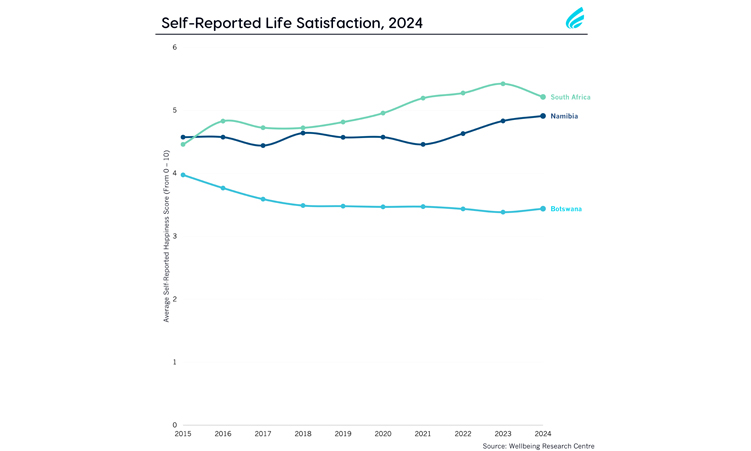PARIS – The OECD lowered yesterday its growth projection for the economies of the G7 group of rich countries and said the outlook was “clearly less buoyant” because of financial market instability.
In updated 2007 forecasts, the Paris-based OECD marked down its growth forecasts for the G7 as a whole, with France, Germany and the United States predicted to be much weaker than previously expected. The combined Group of Seven economies will grow by 2,2 per cent this year, compared with a previous forecast made in May of 2,3 per cent, while the US economy will grow by 1,9 per cent instead of 2,1 per cent.The French economy is now forecast to expand by 1,8 per cent instead of 2,2 percent, while Germany was marked down to 2,6 per cent instead of 2,9 per cent with Italy down to 1,8 per cent from 2,0 per cent.The forecast for the Japanese economy was stable at 2,4 per cent, while Britain and Canada were upgraded.The Organisation for Economic Cooperation and Development (OECD) suggested that worse might be to come, stressing that the new forecasts were based on backwards-looking data for the second quarter, with the consequences of last month’s financial market turmoil still to be assessed.The May forecasts were “not revised that much,” stressed OECD chief economist Jean-Philippe Cotis said.The OECD is an influential institution with a membership of 30 leading developed countries.It does research for its member countries and issues advice to policymakers.Nampa-AFPThe combined Group of Seven economies will grow by 2,2 per cent this year, compared with a previous forecast made in May of 2,3 per cent, while the US economy will grow by 1,9 per cent instead of 2,1 per cent.The French economy is now forecast to expand by 1,8 per cent instead of 2,2 percent, while Germany was marked down to 2,6 per cent instead of 2,9 per cent with Italy down to 1,8 per cent from 2,0 per cent.The forecast for the Japanese economy was stable at 2,4 per cent, while Britain and Canada were upgraded.The Organisation for Economic Cooperation and Development (OECD) suggested that worse might be to come, stressing that the new forecasts were based on backwards-looking data for the second quarter, with the consequences of last month’s financial market turmoil still to be assessed.The May forecasts were “not revised that much,” stressed OECD chief economist Jean-Philippe Cotis said.The OECD is an influential institution with a membership of 30 leading developed countries.It does research for its member countries and issues advice to policymakers.Nampa-AFP
Stay informed with The Namibian – your source for credible journalism. Get in-depth reporting and opinions for
only N$85 a month. Invest in journalism, invest in democracy –
Subscribe Now!










